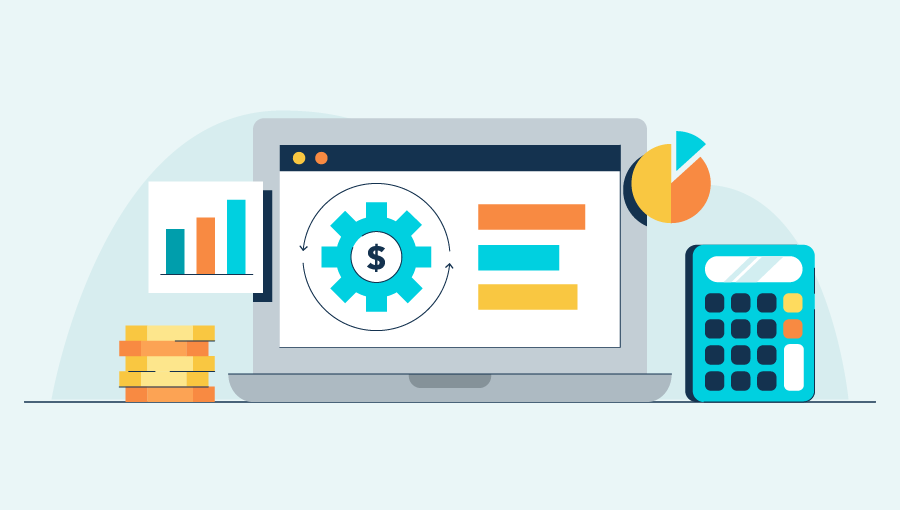Why should you integrate accounting tools into your CRM?
The sales and accounting departments differ significantly, yet both are crucial to a company’s success. Typically, a small business’s sales and accounting departments use their own software and tools on a day-to-day basis. This separation can make it challenging to gather accurate data related to profit, cost analysis, efficiency, and more. To take your business to the next level, integrating your accounting tools into your CRM is a must.
Reasons why integrating your accounting system into your CRM can be beneficial include:
- Accurate reporting: With separate accounting and CRM software, staff will often have to input data more than once. This issue increases the likelihood of input errors, which can cause a string of other problems. Integrating your accounting tools into your CRM can help you generate more accurate reports, reduce data errors, and save time and money. If sales and accounting teams fail to communicate, further issues can arise, such as a customer not receiving credit or an invoice going unnoticed. Streamlining your sales and accounting efforts ensures accurate invoicing and a clean audit trail.
- Growth: As a small business, you’ll most likely experience growing pains at some point. By having separate sales and accounting systems, these growing pains can hurt far worse. As you grow, your financial information will become more complex, and having separate software can result in data getting lost. Integrated solutions, such as the QuickBooks Salesforce integration, are customizable and can grow with your company without losing any important data.
- Understanding profit: Streamlining your accounting processes can make it easy for both your sales and accounting teams to realize a profit. For example, if your sales team uses a separate software and notices a large influx in sales, they might think the company is profiting. However, they might not realize the marketing department just rolled out an expensive marketing campaign to boost sales. With an integrated accounting and CRM solution, accountants can track expenses and update the general ledger, while the sales team tracks sales. Then, both teams can review the data to understand whether the company’s profiting.
- Reducing costs: As a small business owner, you’ll use numerous tools and software on a daily basis. However, with each software comes a separate subscription, which can be digging into your bottom line. Integrating your accounting tools with your CRM can reduce costs and save your company money.
There are more reasons than one for why you should integrate accounting tools into your CRM. Overall, doing so can create a business management ecosystem that reduces data input errors, saves time, bridges gaps, and saves you money.













